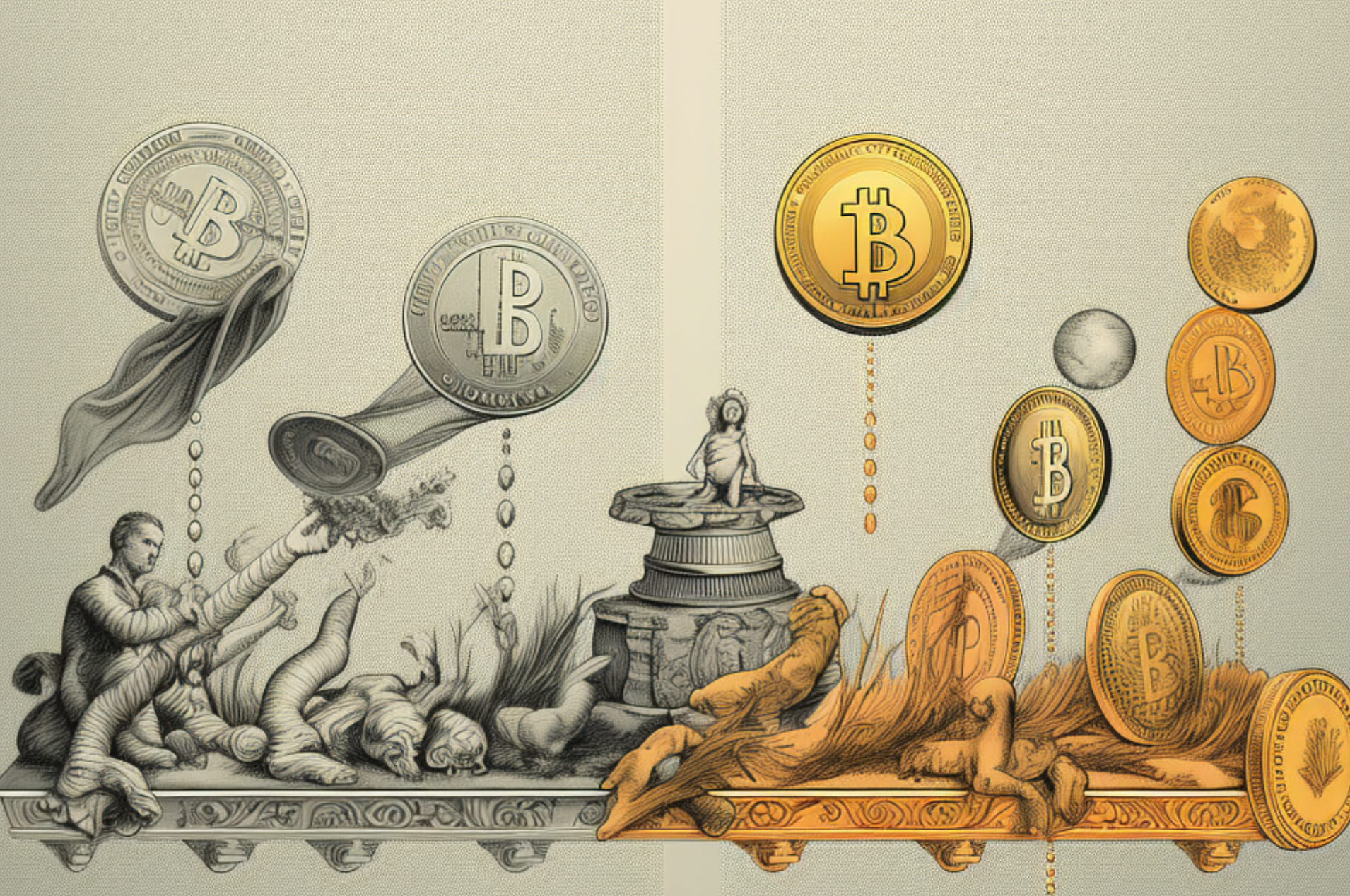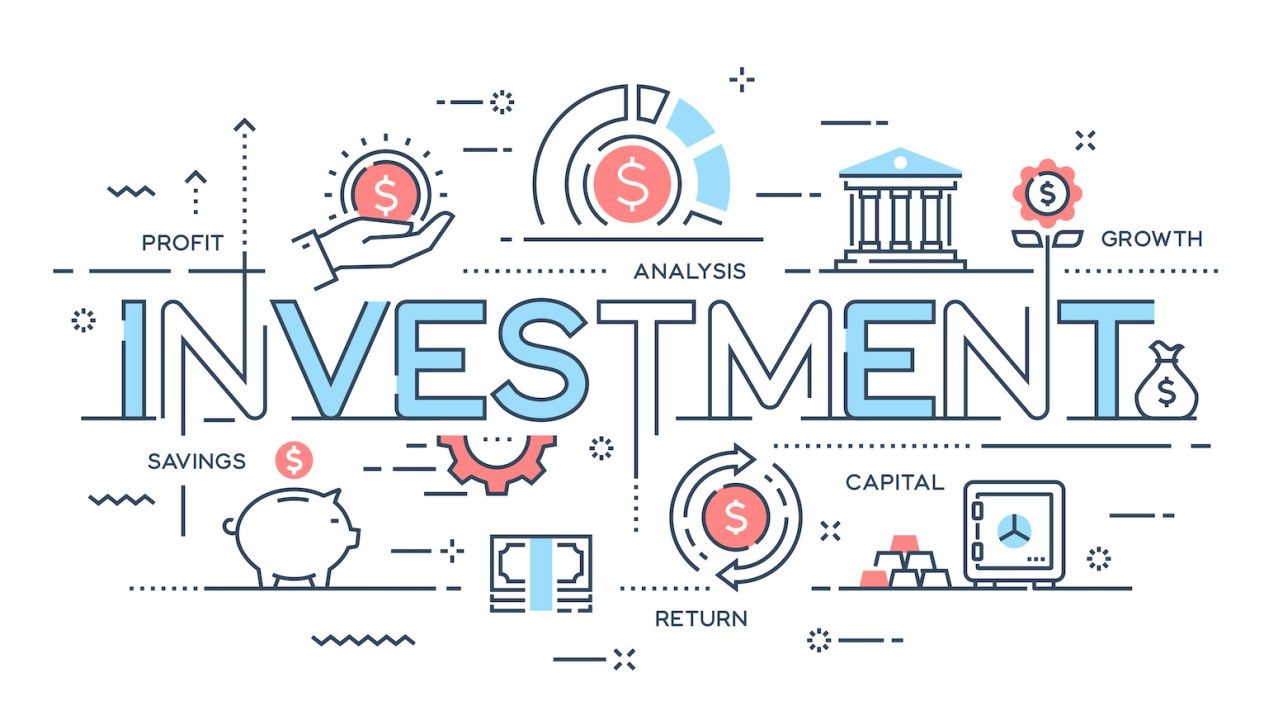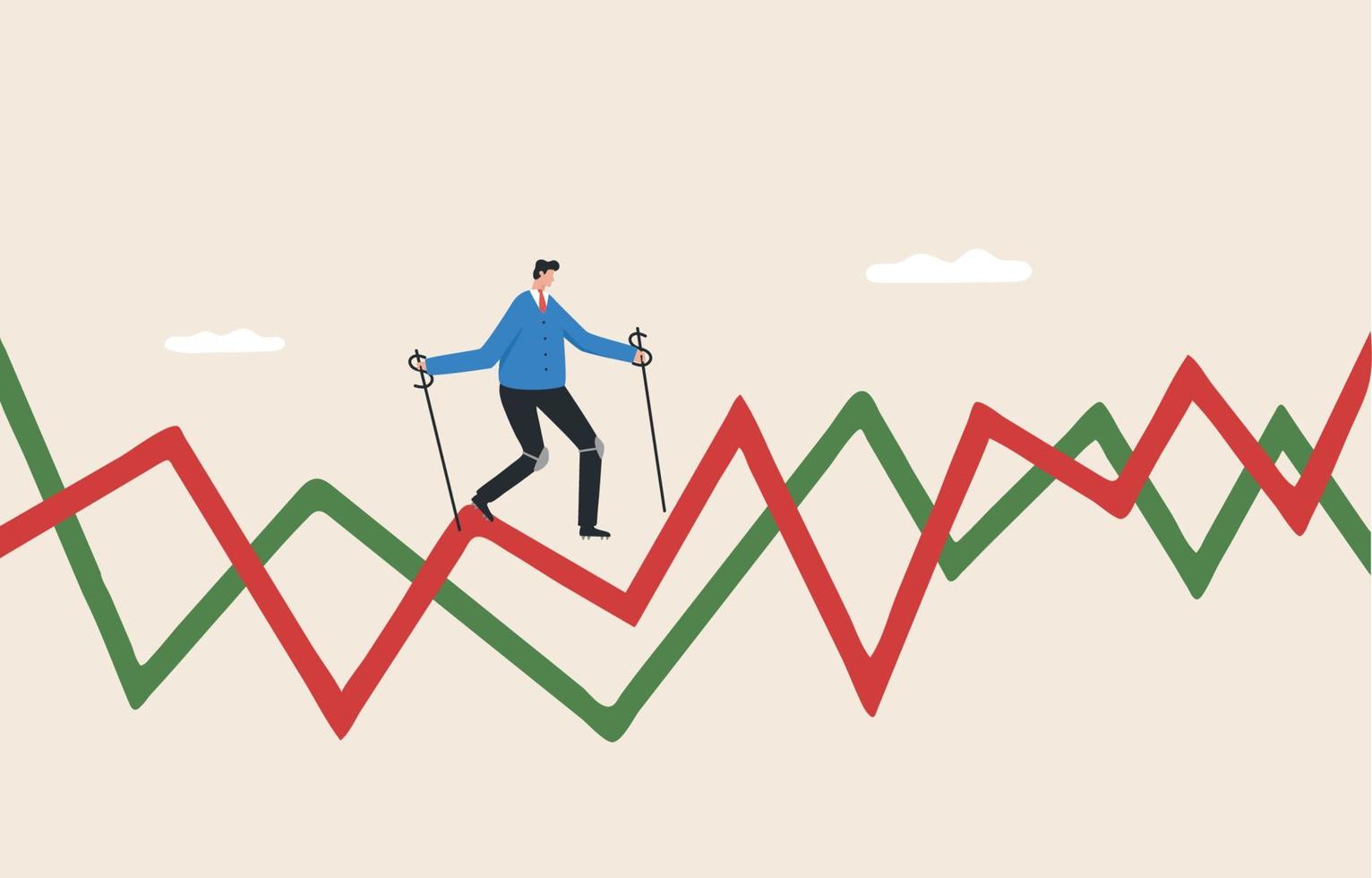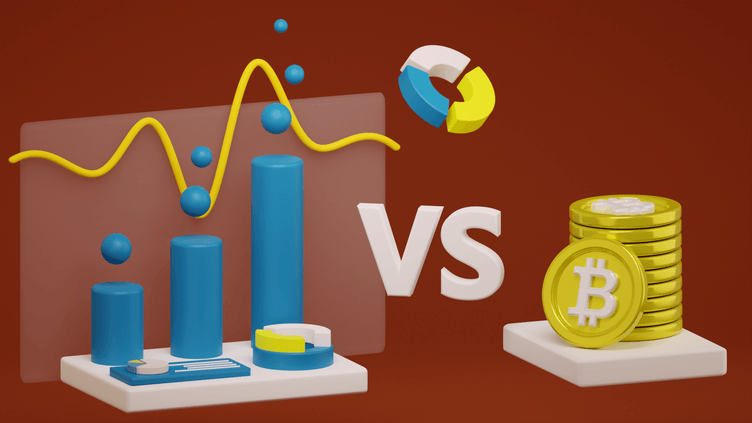The financial landscape has been profoundly transformed by the emergence of Bitcoin and other cryptocurrencies over the past decade. As digital assets gain traction among investors and institutions alike, a critical question arises: how do these digital currencies relate to traditional financial markets, particularly the stock market? This article explores the intricate relationship between Bitcoin and the stock market, highlighting their similarities, differences, and the behaviors that define each, as well as the implications for investors.
Understanding Bitcoin
What is Bitcoin?
Bitcoin is a decentralized digital currency introduced in 2009 by an individual or group using the pseudonym Satoshi Nakamoto. Unlike traditional fiat currencies, which are issued and regulated by governments, Bitcoin operates on a peer-to-peer network, utilizing blockchain technology. This technology records all transactions in a secure, transparent manner, eliminating the need for intermediaries like banks.

Bitcoin’s Growth Over Time
Since its inception, Bitcoin has experienced dramatic price fluctuations and growing adoption. Initially valued at less than a cent, Bitcoin reached an all-time high of nearly $69,000 in October 2024. Key milestones in its journey include:
- 2010: First recorded purchase of goods (two pizzas for 10,000 BTC).
- 2017: Bitcoin’s first major bubble, with prices rising from $1,000 to nearly $20,000 within a year.
- 2020: Institutional interest grows, highlighted by investments from companies like MicroStrategy and Tesla.
- 2021: Bitcoin’s price surge, spurred by growing acceptance and the rise of decentralized finance (DeFi).
- 2024: Bitcoin’s market capitalization surpassed $700 billion.
Overview of the Stock Market
What is the Stock Market?
The stock market is a platform where shares of publicly traded companies are bought and sold. It facilitates capital raising for businesses and provides investors with opportunities to own part of these companies. Major indices, such as the S&P 500 and the Dow Jones Industrial Average, serve as benchmarks for assessing market performance.

Historical Performance of the Stock Market
The stock market has a long history of fluctuations driven by various economic factors. Key historical events include:
- The Great Depression (1929): A severe market crash that led to widespread economic hardship.
- The Dot-Com Bubble (1999-2000): Rapid growth and subsequent crash of internet-based companies.
- The 2008 Financial Crisis: Triggered by subprime mortgage defaults, leading to significant stock market losses.
Over the long term, however, the stock market has generally trended upward, reflecting economic growth and corporate profitability.
Comparing Bitcoin and the Stock Market
Market Characteristics
One of the most significant differences between Bitcoin and the stock market is volatility. Bitcoin is known for its dramatic price swings, often experiencing daily fluctuations of 5% or more. In contrast, traditional stocks, while also subject to volatility, tend to exhibit more stability over the long term. For instance, during the 2020 pandemic-induced market crash, Bitcoin fell by approximately 60% in March, while the S&P 500 fell by about 34% from its peak.
Investment Strategies
Investors approach Bitcoin and stocks with various strategies:
- Bitcoin: Many see it as a store of value akin to digital gold, using a long-term holding strategy (HODLing) to weather volatility. Others engage in active trading to capitalize on short-term price movements.
- Stocks: Investors may adopt a more diversified approach, spreading investments across various sectors to mitigate risks. Techniques include value investing, growth investing, and options trading.

Correlation Between Bitcoin and the Stock Market
Historical Correlation Analysis
Historically, Bitcoin and the stock market have exhibited periods of both correlation and divergence. For example, during the COVID-19 pandemic, both markets initially fell, reflecting widespread panic. However, as central banks injected liquidity, Bitcoin began to rally, often outperforming traditional stocks. A study by the research firm Fidelity showed that in 2020, Bitcoin’s price movement began to closely mirror the performance of technology stocks, particularly during the surge in remote work.
Investor Behavior

Investor sentiment significantly influences both markets. Key drivers include:
- News Events: Regulatory announcements, technological advancements, and macroeconomic data can sway investor decisions. For example, news about institutional adoption has historically triggered price increases in Bitcoin.
- Market Psychology: Fear and greed play critical roles in both markets. During bullish trends, investors may flock to Bitcoin or stocks, inflating prices. Conversely, during downturns, panic selling can lead to sharp declines.
Risks and Considerations
Risks of Investing in Bitcoin
Investing in Bitcoin carries unique risks:
- Regulatory Uncertainties: Governments worldwide are still formulating regulations regarding cryptocurrencies, which can lead to sudden market shifts. For instance, China’s crackdown on Bitcoin mining in 2021 caused significant price drops.
- Security Concerns: While blockchain technology is secure, exchanges and wallets are vulnerable to hacks. High-profile incidents, such as the Mt. Gox hack in 2014, resulted in the loss of hundreds of millions in Bitcoin.
- Market Manipulation: The relatively low market capitalization of Bitcoin compared to the stock market makes it susceptible to manipulation by large holders, or “whales,” who can influence prices.

Risks in the Stock Market
Conversely, the stock market also has inherent risks:
- Economic Factors: Changes in interest rates, inflation, and geopolitical tensions can create volatility. For example, the Federal Reserve’s interest rate hikes can lead to stock market corrections.
- Company-Specific Risks: Individual stocks may be affected by management decisions, competitive pressures, and product failures. A classic example is the collapse of Enron in the early 2000s, which decimated investor value.

Future Outlook
Trends in Bitcoin and Cryptocurrency Adoption
As more institutions invest in Bitcoin and the regulatory environment matures, the future of cryptocurrencies appears promising. Notable trends include:
- Institutional Adoption: Major financial institutions are offering Bitcoin services, and countries like El Salvador have adopted it as legal tender, signaling growing acceptance.
- Technological Innovations: Advancements in blockchain technology and the rise of decentralized finance (DeFi) platforms are expected to further integrate cryptocurrencies into the financial system.
Predictions for Stock Market Performance
The stock market’s future performance will depend on several factors:
- Economic Recovery: As economies recover from the pandemic, earnings growth will be crucial for stock performance. The transition to a post-pandemic economy may favor certain sectors, such as technology and renewable energy.
- Integration with Cryptocurrencies: The increasing intertwining of cryptocurrencies and traditional finance may create new investment opportunities and challenges, influencing stock prices and overall market dynamics.
Conclusion
In summary, understanding the relationship between Bitcoin and the stock market is essential for making informed investment decisions. While both markets offer unique opportunities and challenges, they are increasingly interconnected. As investor behavior shifts and the regulatory landscape evolves, ongoing research and education will be vital for investors navigating this complex terrain. Embracing both traditional and digital assets may be the key to a well-rounded investment strategy in the future.
Read more: WHO IS BUYING BITCOIN?


